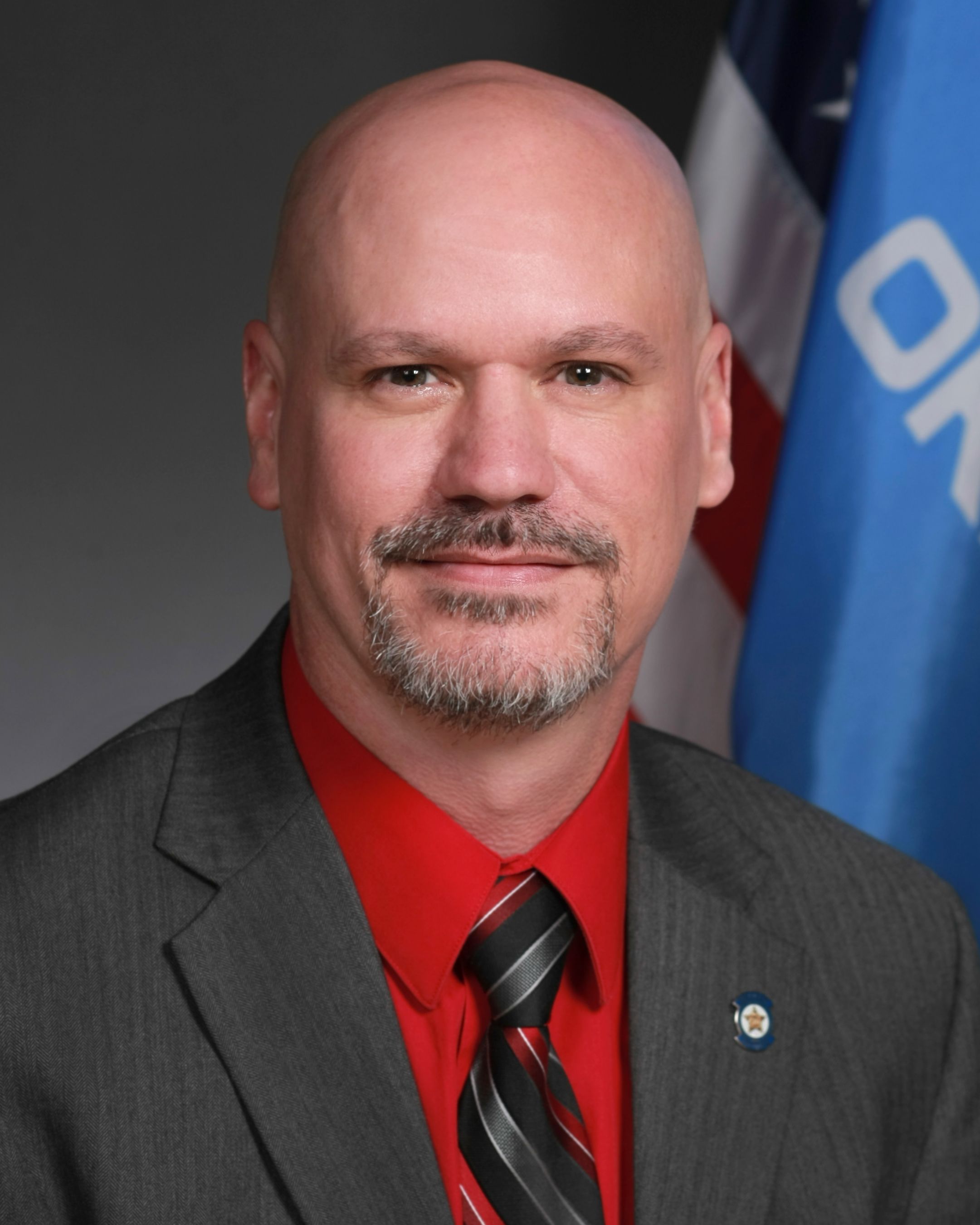Final OG&E, PSO Brief Filed with OK Supreme Court
OKLAHOMA CITY – On the fifth anniversary of February 2021’s Winter Storm “Uri,” appeals challenging more than $1.4 billion in bonds and $377 million in rate increases impacting the customers of electric utility companies OG&E and Public Service Company of Oklahoma (PSO) are now in the hands of the Oklahoma Supreme Court. Tuesday, Reps. Tom Gann, R-Inola, Kevin West, R-Moore, and Rick West, R-Heavener, filed the final brief in their appeal of a 2025 Oklahoma Corporation Commission (OCC) order approving a $127 million rate increase for OG&E without a CPA-led audit of the utility’s 2021 Winter Storm "Uri" bonds. The lawmakers’ OG&E appeal was made a “companion case” with a similar appeal Rep. Gann filed challenging bonds and $250 million in rate increases for PSO, meaning the Court intends to consider the two appeals together. Now that all the briefs have been filed, a decision could come at any time. “We have asked the court for a lot,” Kevin West said. “We not only asked the justices to overturn the OCC’s rate increases and orders authorizing OG&E and PSO’s 2021 Winter Storm 'Uri' bonds. We have asked the court to require the OCC to follow state ethics rules and to follow state laws that require audits to be conducted by licensed CPAs.” Another brief the representatives filed on Dec. 18, 2025, in a related appeal alleged the OCC had allowed an employee believed to have dropped out of college as a sophomore to perform required audits of utility companies collectively worth more than a billion dollars, including in the challenged OG&E and PSO rate cases. “The OCC’s past violations of the law have far-reaching consequences, especially since they are ongoing, impacting current cases,” said Gann, who has seven more OCC utility case appeals pending at the Supreme Court, challenging some $11 billion in utility charges by ONG, OG&E and PSO. All were approved by the OCC with votes by embattled OCC Commissioner Todd Hiett. Gann, West and West’s appeals accuse the OCC of violating ratepayers’ due process rights by permitting Commissioner Hiett to participate. OG&E and PSO were represented in these cases by attorneys who hosted a 2023 party where Hiett allegedly sexually harassed two female OCC employees and drove home drunk. The lawmakers argue that state ethics rules prohibit Hiett from participating in OCC cases involving victims/witnesses of his alleged criminal conduct. Although the Ethics Commission dismissed a complaint against Hiett in May 2025, the representatives’ appeal asks the Supreme Court to review its interpretation of the law. Attorney General Gentner Drummond, who statutorily represents ratepayers in utility cases before the OCC and Supreme Court, defended Hiett’s participation in a brief the AG filed on January 27, 2026. “Parties to legislative rate cases are not entitled to due process,” the attorney general wrote [on page 31]. An earlier motion by the attorney general to dismiss the lawmakers’ OG&E and PSO rate case appeals was denied by the Supreme Court. “The court could choose to address all the OCC’s violations of law in these first two appeals, or just some or none,” Gann said. “The more issues it tackles now, the longer it will probably take to get a decision. But the clearer the court is in its first decision about which laws the OCC is required to follow, the fewer appeals it will ultimately have to decide.” Oklahoma utilities PSO, OG&E, ONG and CenterPoint/Summit paid some of the highest natural gas prices in U.S. history during the two-week “Uri” cold snap in February 2021, incurring some $2.8 billion in debt. Interest and other expenses added another $2 billion, bringing the total cost of the winter storm bonds being paid by Oklahoma utility customers close to $5 billion. Payments for OG&E and PSO’s bonds have been collected as “Winter Event Securitization” and “Winter Storm Cost Recovery” charges on the monthly bills of their customers since the bonds were issued in 2022. Those bond payments are scheduled to continue for another two decades and are required to be audited as part of the utilities’ rate cases. The representatives say that hasn’t happened. The lawmakers’ “reply” brief filed Tuesday addresses arguments made by OG&E, the OCC and the attorney general in defense of the challenged rate increase order and winter storm bonds. All three defense briefs argue that the OCC’s Public Utility Division audits do not have to be performed by licensed CPAs. “This Court should reject Appellants’ [Gann, West and West’s] contention that all rate-case audits must comply with the Oklahoma Accountancy Act and uphold the [OCC’s] Final Order as proper,” the attorney general wrote in his January 27 brief [page 19]. “Imagine the consequences of that,” said Rick West. “Imagine the financial chaos that would break out across state government if the court says it’s okay for state agencies to make up their own definition of “audit” and allow any staffer to do them, the way the OCC did. The Department of Mental Health would be a drop in the bucket compared to what would happen next.” The lawmakers are optimistic about their appeals, believing both the law and the facts are overwhelmingly on their side. “This matter is urgent,” the representatives’ brief tells the court. “Having already paid hundreds of millions of dollars of these illegitimate charges, these utilities’ captive customers have suffered enough.” Reps. Gann, West and West’s newest “reply” brief can be read online here: https://oscn.net/dockets/GetDocument.aspx?ct=appellate&bc=1064376140&cn=CU-123021&fmt=pdf The progress of all the appeals can be followed on the Oklahoma Supreme Court website: PSO rate case: https://www.oscn.net/dockets/GetCaseInformation.aspx?db=appellate&number=122861 OG&E rate case: https://oscn.net/dockets/GetCaseInformation.aspx?db=appellate&number=123021 ONG, PSO & OG&E CY2023 fuel cases: https://oscn.net/dockets/GetCaseInformation.aspx?db=appellate&number=122991 ONG rate case: https://oscn.net/dockets/GetCaseInformation.aspx?db=appellate&number=123348 ONG CY2024 fuel case: https://www.oscn.net/dockets/GetCaseInformation.aspx?db=appellate&number=123588 OG&E CY2024 fuel case: https://www.oscn.net/dockets/GetCaseInformation.aspx?db=appellate&number=123608

